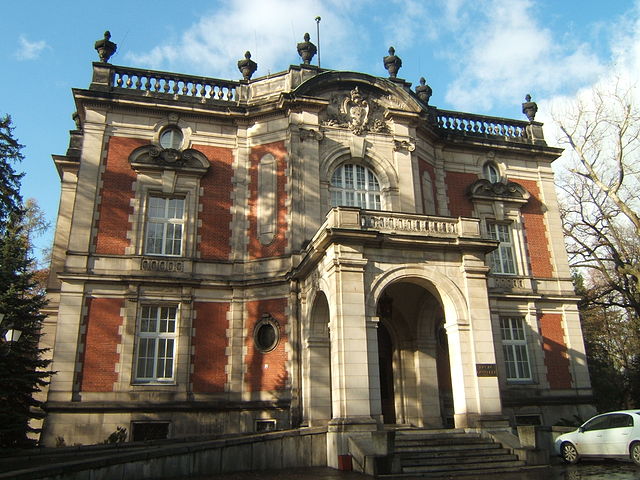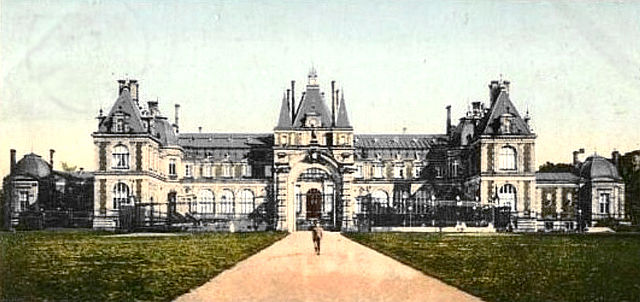The Henckel von Donnersmarck family is an Austro-German noble family that originated in the former region of Spiš in Upper Hungary. The founder of the family was Henckel de Quintoforo in the 14th century. The original seat of the family was in Donnersmarck, which was then within the Kingdom of Hungary but is now part of Slovakia. The family was ennobled in 1607 by Rudolf II, Holy Roman Emperor. Members of the family were granted other noble titles and privileges in 1636 by Ferdinand II, Holy Roman Emperor, in 1651 by Ferdinand Charles, Archduke of Austria, in 1661 by Leopold I, Holy Roman Emperor, and in 1901 by Wilhelm II, German Emperor. In 1531, the family moved to Silesia. They were expelled from Silesia, along with other German families, in 1945 by the Soviet Army and settled in Germany and Austria.
Johann Wolfgang von Goethe's beloved daughter-in-law, Ottilie, through whom the Goethe estate came to the Henckel von Donnersmarck family
Esther Lachmann who was born in the Moscow ghetto and married Count Guido Henckel von Donnersmarck
Count Guido Henckel von Donnersmarck had one of his castles rebuilt in French style to make his wife feel more at home in Silesia
Świerklaniec is a village in Tarnowskie Góry County, in the Silesian Voivodeship of southwestern Poland. Formerly, from 1975 to 1998, Świerklaniec was a part of the Katowice Voivodeship.
Gothic chapel in Świerklaniec
Cavalier Palace (Pałac Kawalera) in the village's landscape park.
Old Castle, about 1900
New Castle







